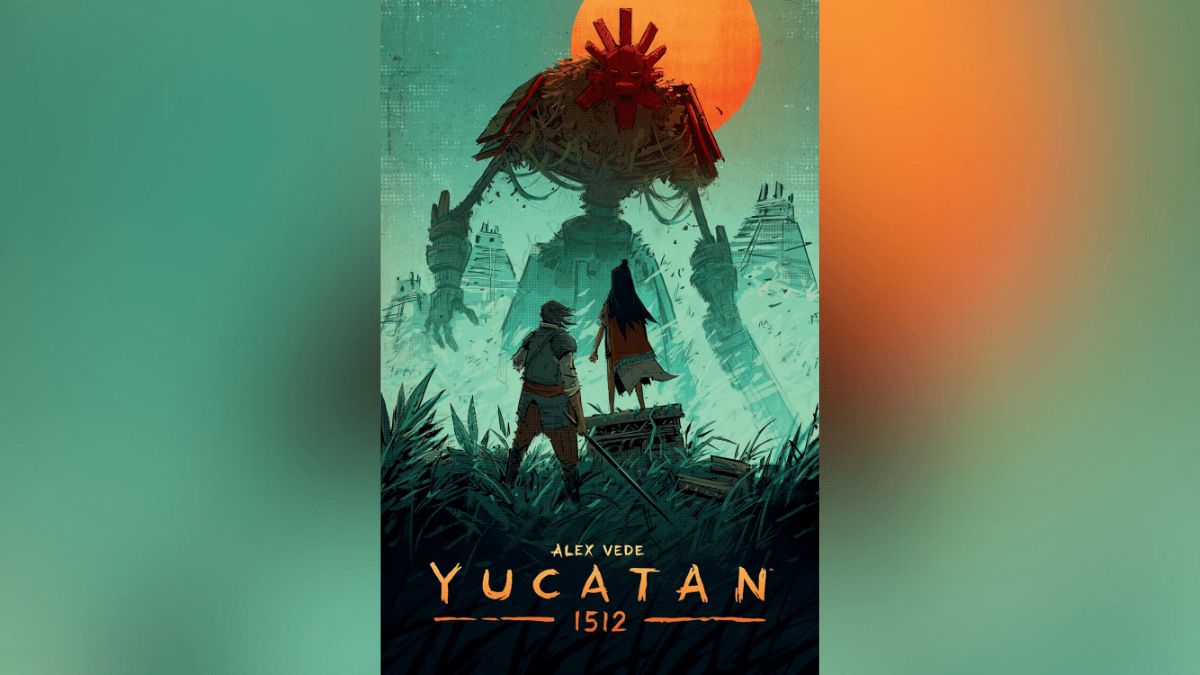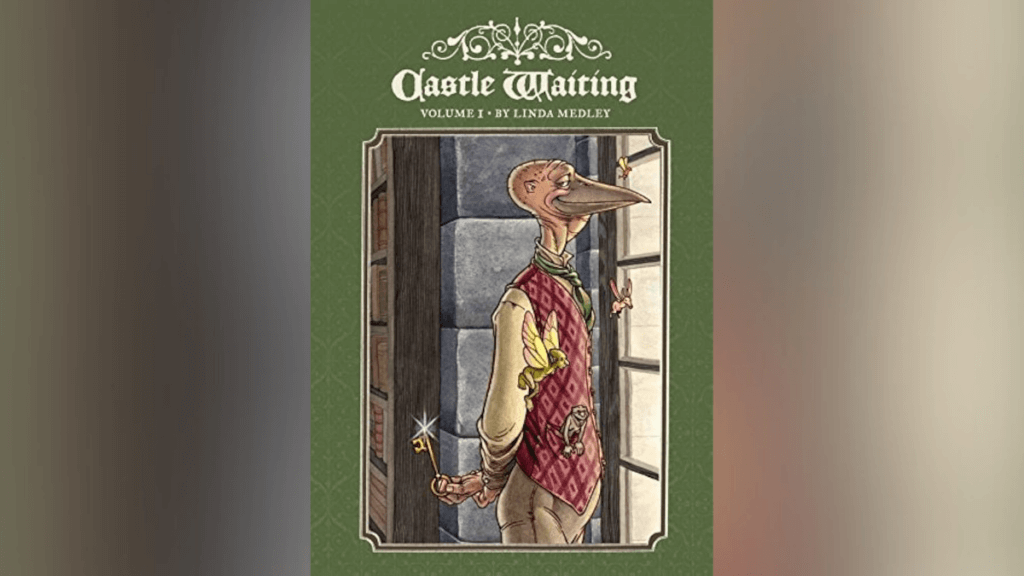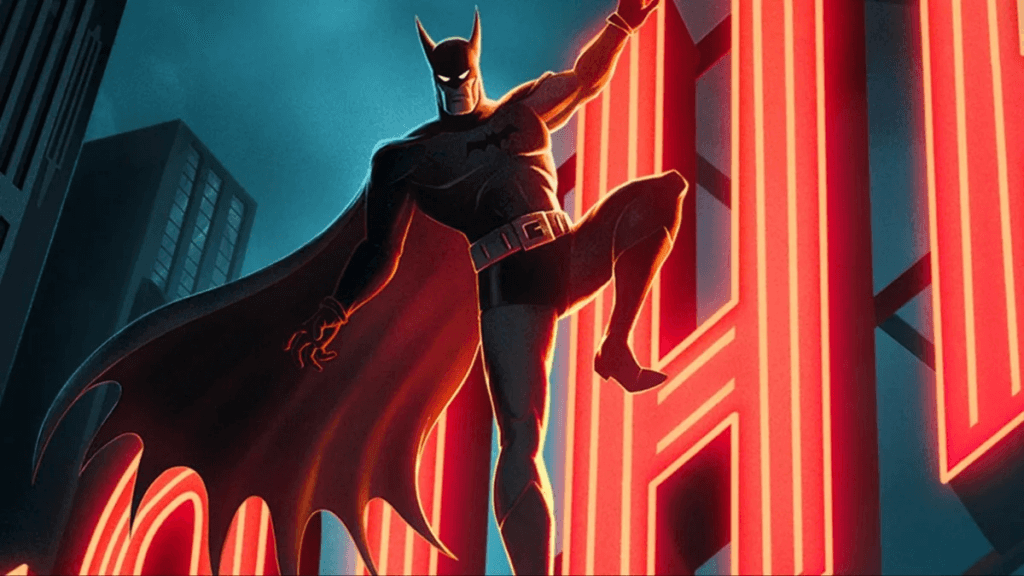
In this review, we explore the Dark Corners of Colonialism in Yucatán 1512, an upcoming graphic novel from Alex Vede.
Yucatán 1512, a powerful and visually stunning graphic novel by Spanish artist and writer Alex Vede, offers a fresh perspective on the early stages of European colonization in the Americas. Set during the Age of Discovery, the novel combines historical facts with mythological and supernatural elements, weaving a rich narrative that explores the complexities of guilt, redemption, and the brutal consequences of imperialism. Through vivid illustrations and compelling storytelling, Vede invites readers to delve into a world of moral ambiguity, where survival, loyalty, and personal transformation intersect with the violence of colonial conquest.
This review contains spoilers!
The story of Yucatán 1512 is centered around Sorolla, a seasoned Spanish soldier who has been scarred by the choices he made in his past. When the narrative begins, Sorolla is part of a small expeditionary force sent to explore the Yucatán Peninsula. The Spanish, eager to expand their empire and uncover the riches rumored to be hidden in the New World, are motivated by greed and ambition. But Sorolla is not like the others. Though he is part of the colonizing force, he harbors deep remorse over his previous violent actions, which have left him haunted by guilt. His inner conflict and struggle for redemption make him a complex and deeply relatable protagonist.
The turning point of the novel comes when Sorolla’s commander, driven by cruelty and a sense of superiority, murders an innocent native family, leaving behind a young child as the sole survivor. Unable to stand by and let this injustice go unchallenged, Sorolla makes the fateful decision to protect the child, thus setting off a chain of events that will alter the course of his journey. Sorolla’s act of defiance not only marks a break from his comrades but also plunges him into a desperate struggle for survival in the treacherous and unknown landscape of the Yucatán jungle.
What makes Yucatán 1512 particularly engaging is its deft handling of themes related to colonialism. While many stories of European exploration focus on the exploits and triumphs of colonizers, Vede takes a different approach by emphasizing the human cost of imperialism. Through Sorolla’s eyes, the reader witnesses the dehumanization of indigenous people, the moral compromises that come with conquest, and the emotional toll of participating in the subjugation of an entire culture. Sorolla’s rebellion against his own men, a small act of kindness toward the child, serves as a reflection of his deep internal struggle. This central moral dilemma provides the emotional core of the story, making it not just a tale of exploration but also one of personal transformation and the consequences of violence.
In addition to Sorolla’s character arc, Yucatán 1512 is notable for its exploration of the indigenous people of the Yucatán Peninsula. While the Spanish are portrayed as cruel invaders, the novel does not shy away from depicting the indigenous characters as complex, multifaceted individuals. The Mayans, who are often relegated to the background in many historical accounts, are brought to the forefront here. They are shown as not only victims of colonialism but also as fierce warriors, deeply connected to their land and their ancient traditions. The inclusion of these characters adds an element of cultural depth to the story and provides a more balanced view of the historical conflict between colonizers and the indigenous populations of the Americas.
As Sorolla and the child venture deeper into the jungle, they encounter more than just human threats. The novel’s supernatural elements, such as ancient Mayan warriors and mythical creatures, serve to heighten the stakes and add a layer of intrigue to the narrative. These supernatural occurrences, while fantastical in nature, are rooted in the ancient beliefs and legends of the Mayan culture, reinforcing the idea that the Yucatán is a land rich in both history and mystery. This blend of historical fiction and fantasy creates a compelling narrative that keeps readers on edge, unsure of what will happen next. The jungle itself becomes a character in the story, a dark and oppressive force that both protects and threatens its inhabitants. It is within this labyrinthine environment that Sorolla must navigate not only the physical dangers posed by the terrain but also the emotional and moral challenges that arise from his choices.
One of the most striking aspects of Yucatán 1512 is Alex Vede’s artwork. The illustrations are vibrant yet atmospheric, capturing the lush beauty of the Yucatán Peninsula while also conveying a sense of danger and foreboding. Vede’s use of color is particularly effective in establishing mood. The lush greens and earthy tones of the jungle contrast with the stark, violent imagery of the soldiers, highlighting the tension between the natural world and the invasive forces of colonization. The character designs are equally impressive, with Sorolla’s rugged, weathered face and the expressive eyes of the child conveying deep emotional depth. Each page is meticulously crafted, creating a visually stunning experience that complements the narrative’s darker themes.
The pacing of the novel is tight, with each chapter moving the story forward at a brisk pace. There are moments of introspection and quiet character development, but these are balanced with moments of intense action, as Sorolla and the child are pursued by both their own men and the supernatural forces of the jungle. This balance keeps the reader engaged throughout, ensuring that the novel never drags or loses momentum. As the characters face increasingly dangerous obstacles, the tension mounts, and the reader is left wondering how Sorolla will ultimately reconcile his internal conflict and navigate the moral challenges he faces.
Another aspect of Yucatán 1512 that stands out is its thematic complexity. The novel is not just a straightforward story of adventure and survival; it is also a meditation on the consequences of colonialism and the human cost of empire-building. Through Sorolla’s journey, the reader is forced to confront difficult questions about loyalty, guilt, and redemption. The novel also explores the idea that even those who are complicit in violence and exploitation can find a path to atonement. Sorolla’s transformation from a soldier burdened by guilt to a protector of the innocent serves as a powerful reminder of the possibility of change, even in the face of overwhelming adversity.
In conclusion, Yucatán 1512 is a remarkable graphic novel that masterfully blends historical fiction, adventure, and fantasy to create a compelling narrative about the Spanish conquest of the Americas. Through its complex characters, breathtaking artwork, and exploration of important themes, the novel offers a fresh perspective on a well-worn historical topic. Alex Vede has crafted a story that is both entertaining and thought-provoking, one that will resonate with readers long after they have turned the final page. Yucatán 1512 is a must-read for anyone interested in the intersection of history, mythology, and storytelling, and it marks Vede as a talent to watch in the world of graphic novels.
Rating: 4.5/5
Yucatán 1512 releases May 20, 2025 from Dark Horse Comics. You can find it here.



